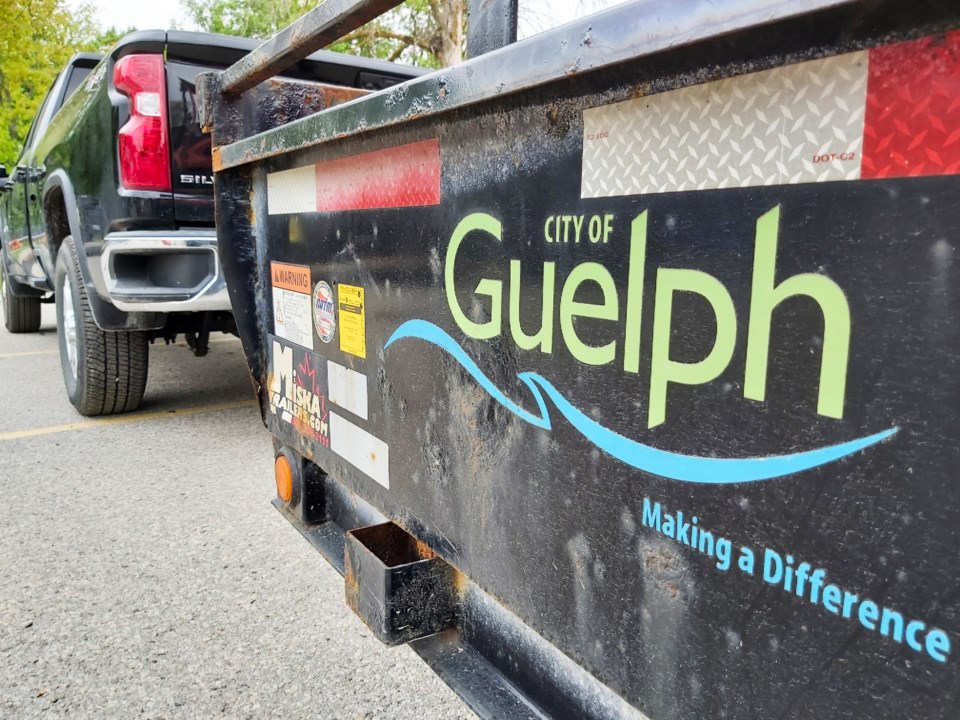Money saved on fuel the past few years is being used to cover the current spike in prices, says city treasurer Tara Baker, who says the city is on track for a year-end fuel budget overrun of between 25 and 40 per cent.
“We’re unsure about where the price is going,” she said, explaining if costs hold steady at the current level, the overrun will be at the lower end of the forecast. “The escalation of fuel (prices) definitely has an impact on the city budget.”
As tracked by the provincial government, the cost of gasoline surpassed $2 per litre for the first time in May, with a provincial average of $2.072 on May 16. That’s up from $1.983 per litre on May 9, $1.861 on May 2 and $1.816 on April 25.
Though the city buys its fuel in bulk at a “reduced price,” Baker said the increasing cost trend is the same. It uses fuel in just about every department, but predominantly transit, public works and emergency services.
The city’s fuel budget for 2022 is about $5 million, putting the forecasted overrun between $1.25 million and $2 million.
During the past few years the city has seen savings in its fuel budget, Baker noted. Those surpluses have been set aside in a reserve account which is now being used to cover the increased cost.
That reserve is sitting at about $4.7 million.
In addition to drawing from the reserve, Baker said the city is taking steps to reduce its fuel consumption “wherever possible.”
“There’s limited opportunity to reduce our fuel use, but we’re doing what we can,” she said, noting buses still need to run, emergencies still happen and grass still needs cutting on municipal properties.
The city is expecting its first four electric buses to arrive later this year, which will help reduce fuel use, along with efforts to buy hybrid vehicles throughout its fleet when current vehicles need replacing.
“The supply for those types of vehicles is also backed up,” she said. “There’s a difficulty right now buying hybrid and electric vehicles.”
Guelph isn’t the only municipality experiencing a fuel cost crunch.
Region of Waterloo officials are projecting a $9 million budget overrun by the end of the year, while County of Wellington staff anticipate the cost will be nearly double its approved budget of $1.1 million.
